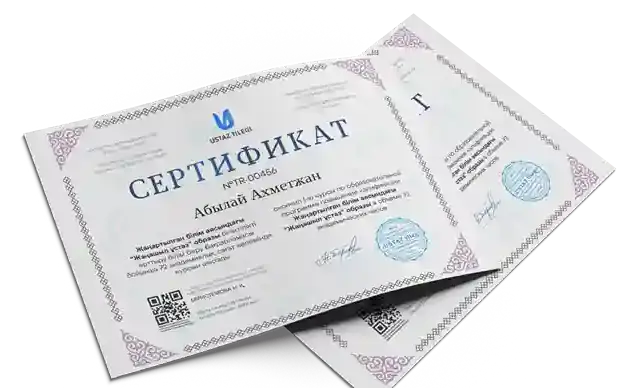|
SB Ex. 8 p.
6 To revise/practise present
and past tenses
• Explain the task and give Ss
time to complete it. Ss can refer to the Grammar Reference section
for more information. • Check Ss’ answers. Ss should identify the
tenses and justify their use. • Revise the tenses and their uses if
necessary.
Answer
Key
1 had already started – past
perfect – an action that happened before another past action. 2
leaves – present simple – timetable/schedule. 3 had been preparing
– past perfect continuous – to put emphasis on the duration of an
action which started and finished in the past, before another
action in the past, usually with for or since. 4 have watched –
present perfect – with today, this morning/afternoon/week, so far,
etc when these periods of time are not finished at the time of
speaking. 5 was playing – past continuous – a past action which was
in progress when another action interrupted it. 6 is studying –
present continuous – actions happening around the time of speaking.
7 decided – past simple – actions which happened at a specific time
in the past. 8 has been running – present perfect continuous – for
an action that started in the past and lasted for some time. It may
still be continuing or have finished,but it has left a visible
result in the present.
SB Ex. 9 p.
6 To identify appropriate
responses to everyday English expressions
• Explain the task and give Ss
time to complete it. • Check Ss’ answers. • As an extension, ask
pairs of Ss to act out the exchanges.
Answer
Key
1 a 2 b 3 b 4 a 5
a
Module
Objectives Read the title of the module,
Making contact, and ask Ss to suggest what they think the module
will be about (the module is about new academic year resolutions,
countries & cities, types of buildings, construction materials,
types of roads/streets, architectural styles, and culture shock.)
Go through the objectives list to stimulate Ss’ interest in the
module.
SB Ex. 1 p. 7 To introduce
new vocabulary
• Direct Ss’ attention to the
texts and the words in the list and give Ss time read the texts and
complete the gaps with the appropriate
word.
• Check Ss’ answers around the
class and explain/ elicit the meaning of any unknown
words.
Answer
Key
1 option 2 study 3 direction 4
gap year 5 mentality 6 networking 7 internship 8
environment
• Play the video for Ss and
elicit their comments at the end.
SB Ex. 1 p. 7 a) To
practise/personalise new vocabulary by talking about the
topic
• Read out the question to Ss. •
Ask various Ss to tell the class. Suggested Answer
Key
Once I finish school, I
plan to take a gap year before going to university. I think this is
the best option for me as I’m not sure what I want to study yet, so
a gap year will give me the time and space to think carefully about
my future career path. I plan to spend part of the year travelling
as I believe this will be a great life experience and make me a
more independent and well-rounded person. I also hope to do an
internship and some voluntary work to gain experience. That way
I’ll know what I’m really interested in before I start
studying.
b) To practise new
vocabulary and expand on the topic by talking about new academic
year resolutions Ask Ss to discuss their
resolutions further with each other in pairs or small groups and
provide feedback. • Give Ss time to read the quotation and discuss
in pairs what they think it means.
|











